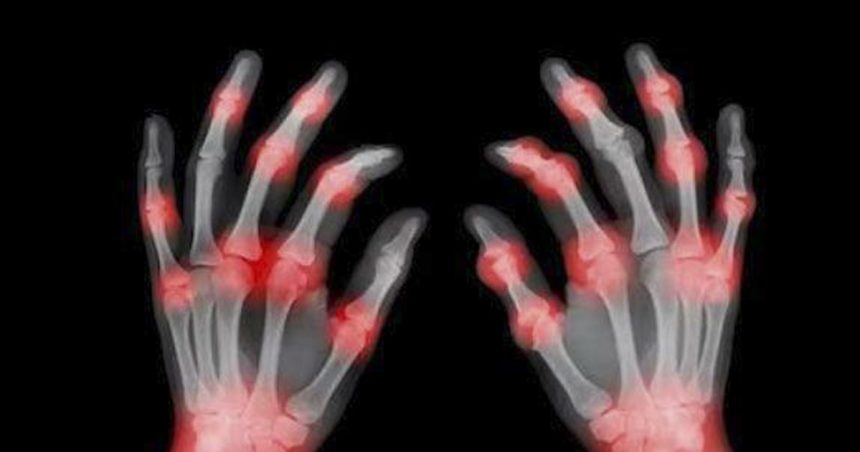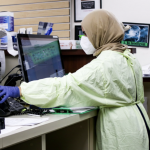Rheumatoid arthritis (RA) is a complex autoimmune and inflammatory disease that targets the joints, causing inflammation, pain, instability, and deformities. While the exact cause of this condition is still unknown, researchers at the University of Colorado School of Medicine have identified a specific gut bacteria that may trigger RA in individuals at risk for autoimmune diseases.
Studies have shown that antibodies linked to RA can form in various areas of the body, such as the intestines, lungs, and mouth, long before symptoms appear. By analyzing antibodies from at-risk individuals and conducting experiments with mice, researchers found that this bacteria could induce RA-like symptoms when present in the gut. This discovery opens up new possibilities for developing targeted treatments and prevention strategies for RA.
RA affects approximately 1.5 million Americans and is most effectively treated when diagnosed early. Symptoms of RA include joint pain, stiffness, swelling, loss of function, fatigue, and fever. Risk factors for RA include genetic predisposition, smoking, poor diet, and obesity. While there is currently no cure for RA, various treatment options, including medications, lifestyle changes, and exercise, can help manage symptoms and improve quality of life.
Further research on this newly discovered bacteria could lead to groundbreaking advancements in the treatment and prevention of RA. With ongoing studies and a better understanding of the triggers and immune responses involved in RA, there is hope for a future where this debilitating disease can be cured and potentially prevented.






